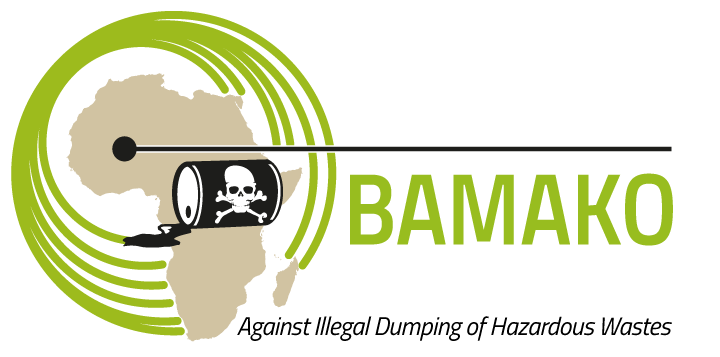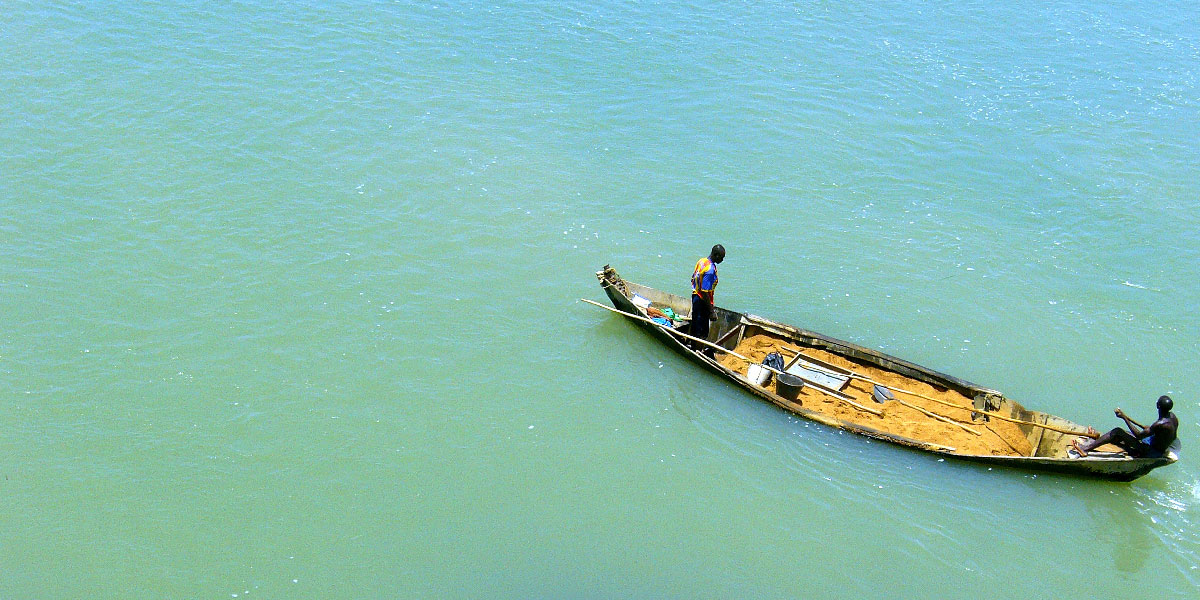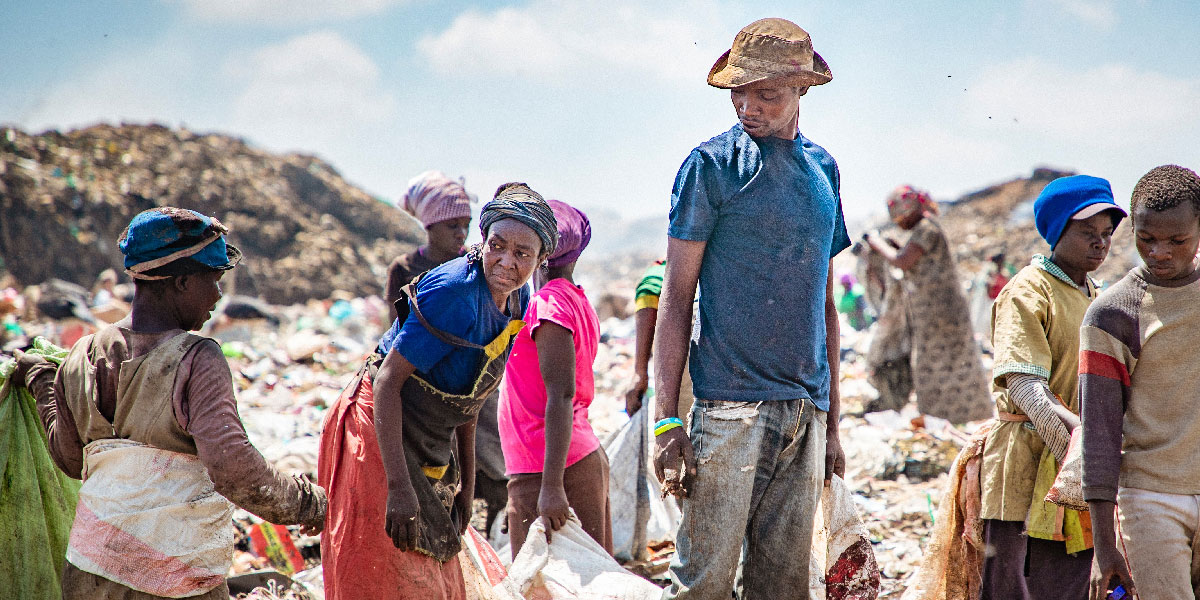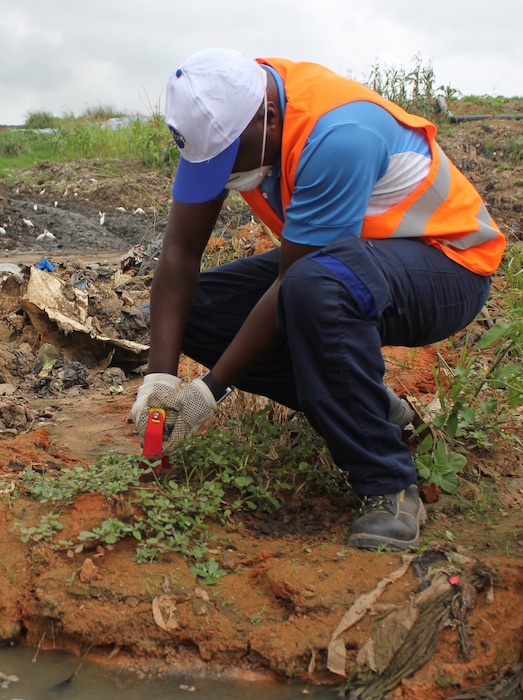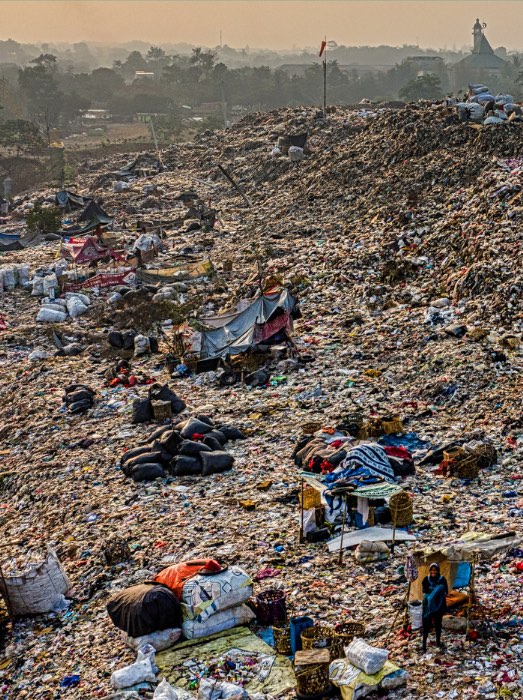Implementing decisions
Becoming a Party to the Bamako Convention
Countries willing to take action can deposit their instruments of ratification consenting to become Parties to The African Union Commission in Addis Ababa, Ethiopia, the depository for the Bamako Convention on the Ban of the Import into Africa and the Control of Transboundary Movement and Management of Hazardous Wastes.
Adopting a Workplan and Budget
At each of its meetings, the Conference of the Parties adopts a Workplan and budget for the Bamako Convention for the following biennium.The budget is presented in outcome format in the areas: Promotion of Convention activities, Strengthening collaborative and cooperative mechanisms, Strengthening the functioning of the secretariat
Being provided with Assistance
The Bamako Convention provides assistance to country Parties to help them build their capacities to meet the obligations under the Convention.
The Secretariat
The Secretariat of the Bamako Convention operates within the strict framework of the Conference of the Parties to the Basel Convention. In so doing, it provides parties in informations, guidelines and procesures.
The functions of the Secretariat of the Bamako Convention include the following among others:
- To arrange for, and service, meetings of the Conference of the Parties and Subsidiary bodies;
- To prepare and transmit reports to Parties.
Resources
The Bamako Convention resources cover hazardous waste management topics, including legislation and policy, risk assessment, waste minimization, and disposal and treatment technologies to help countries meet their obligations effectively, each of which are provided to Parties at all stages of Convention's implementation.
The Bamako Convention equips authorities with knowledge and tools to combat illegal waste imports, promote public awareness, and establish tailored waste management practices in English and French.
These openly accessible resources foster collaboration among diverse stakeholders, empowering authorities and promoting effective waste management practices on the africa continent.
The exchange of information is crucial to ensuring that Parties are equipped with the necessary information to allow them to make informed decisions on the transboundary movements and management of hazardous wastes. To make this system work, the Convention requires Parties to designate official points of contact to ensure that information is communicated to the appropriate persons/officials. These official points of contact are referred to as “Competent Authority” and “Focal Point” depending on their functions. Both contact points play key roles to the effective implementation of the Basel Convention.
The e-learning tool is the online Interactive Training on the Operation of the Bamako Convention, with the goal of providing technical training to the Competent authorities and other interested stakeholders for the implementation of the Convention. It covers the followin topics:
- What is Bamako Convention
- Parties, Focal Points and Dumpwatch
- Information sharing
- Control Transboundary Trade of Waste
- Illegal trade and and case studies
Purpose of the Convention To prohibit the import of all hazardous and radioactive wastes into the African continent for any reason; To minimize and control transboundary movements of hazardous wastes within the African continent. To prohibit all ocean and inland water dumping or incineration of hazardous wastes. To ensure that disposal of wastes is conducted in an “environmentally sound manner”. To promote cleaner production over the pursuit of a permissible emissions approach based on assimilative capacity assumptions To establish the precautionary principle.
Illegal traffic cases
The Bamako Convention, was established in response to the limitations of the Basel Convention and the need to address hazardous waste management more effectively. The Basel Convention, adopted in 1989, aimed to regulate the transboundary movement of hazardous waste. However, it did not completely prohibit the trade of hazardous waste to less developed countries (LDCs), and developed nations continued to export toxic waste to Africa, leading to environmental and health risks.
Events diary
Upcoming
There are no upcoming events at this time.
Past
Third Conference of the Parties to the Bamako Convention
12 - 14 February 2020
Brazzaville, Congo
Read more ⟶
The Second Conference of the Parties to the Bamako Convention
30 January - 1 February 2018
Abidjan, Côte d’Ivoire
Read more ⟶
The First Conference of the Parties to the Bamako Convention
24 - 26 June 2013
Bamako, Mali
Read more ⟶
Interactive Training tool
Accessibility
Conceived with the aim of helping Designated Competent Authorities (DCA), Focal Points and Dumpwatches and all other stakeholders on the implementation of the Convention, this tool apprehends overall knowledge in an accessible and friendly way.
Self-evaluation
Each course is concluded by a quiz test, letting the user measure one’s own understanding of related topics. Neither the results, nor the user are recorded and the tests can be repeated as many times as desired. No login is required and course duration is totally flexible.
United Nations Environment Programme
UNEP inspires nations and peoples to enhance their quality of life while safeguarding future generations. Collaborating with governments, civil society, and the private sector, UNEP tackles pressing environmental issues like ozone layer restoration, marine protection, and sustainable economy promotion. Addressing root causes of climate change, biodiversity loss, and pollution, UNEP aids countries in transitioning to low-carbon economies, improving environmental governance, and preserving ecosystems. Through science, coordination, and advocacy, UNEP assists 193 Member States in achieving Sustainable Development Goals and fostering harmony with nature.
The United Nations Environment Programme (UNEP) is the leading global authority on the environment. It unites 193 Member States in an effort to find solutions to climate change, nature and biodiversity loss, and pollution and waste, collectively known as the triple planetary crisis.
Through scientific studies, policy support, intergovernmental coordination and public advocacy, UNEP helps humanity to foster climate stability, live in harmony with nature and forge a pollution-free future, in line with the 2030 Agenda for Sustainable Development.
